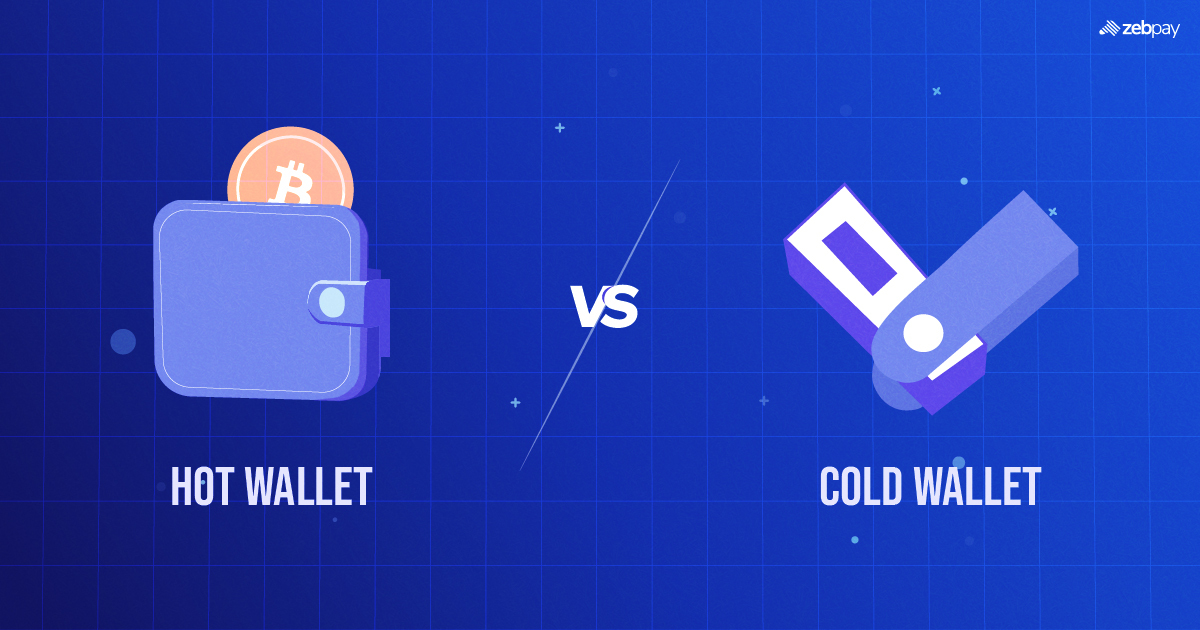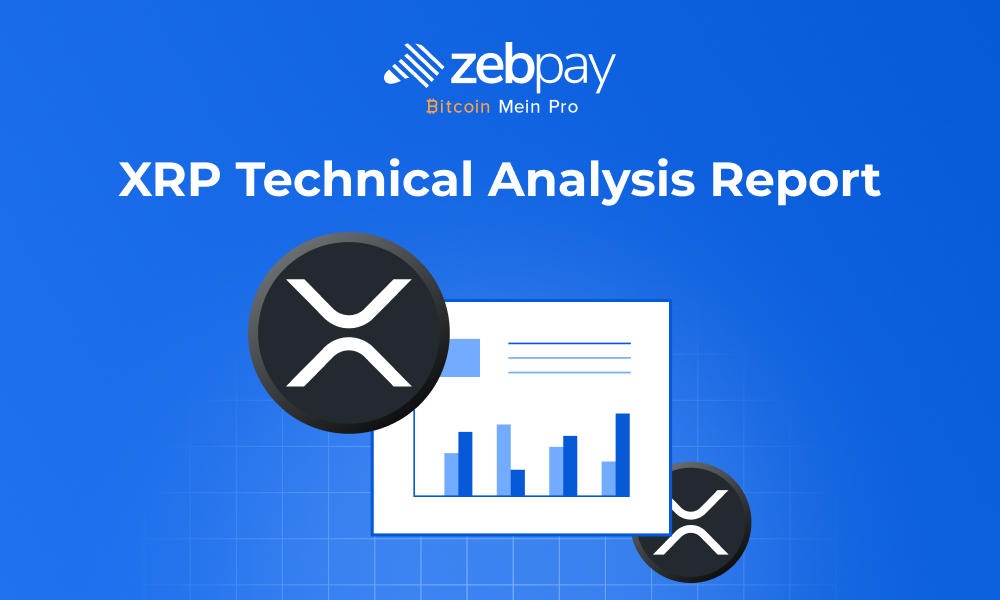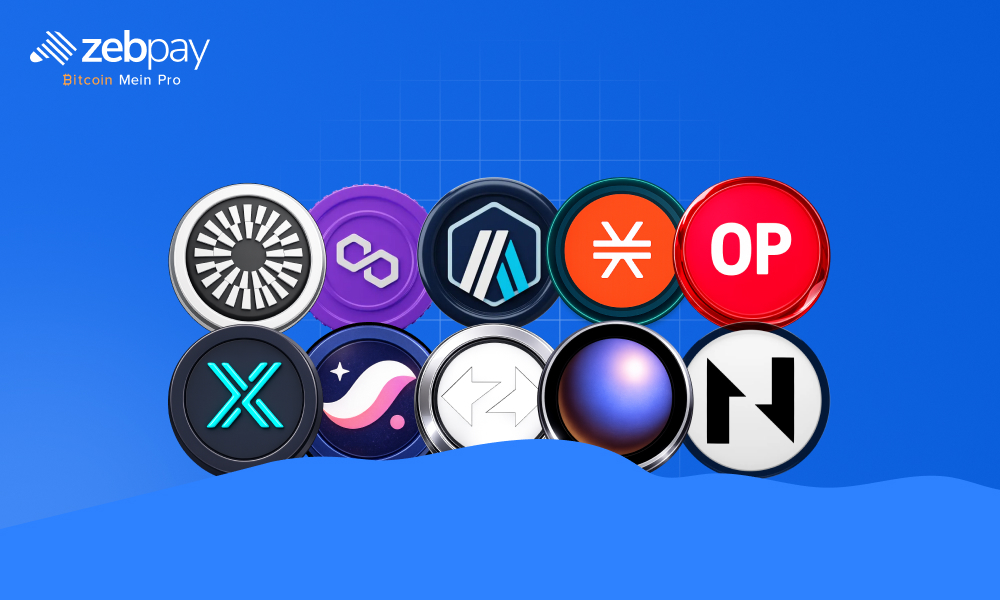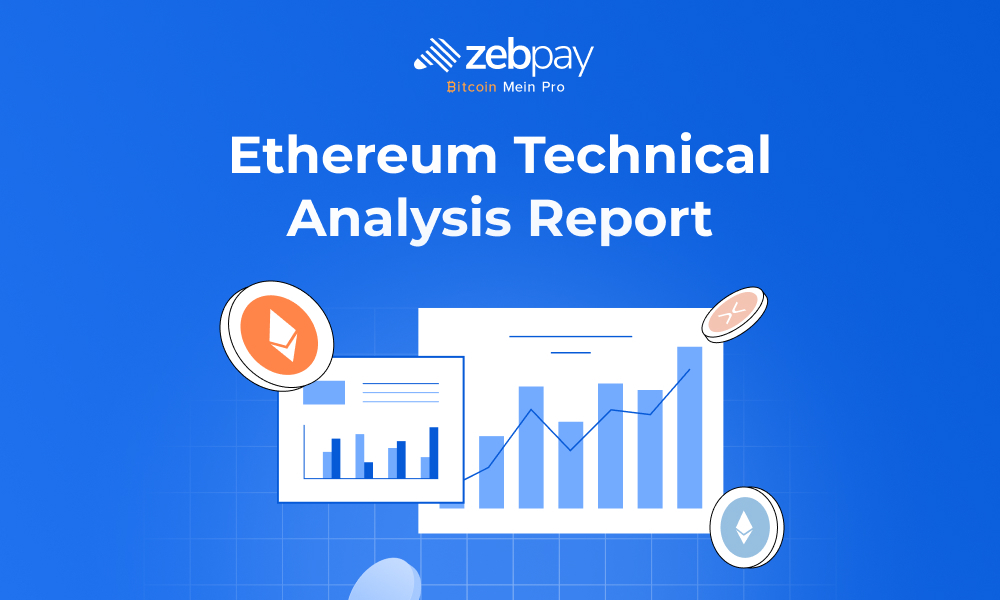What is a Hot Wallet in Crypto?
Crypto hot wallets are digital wallets that always stay connected to the internet and a blockchain network. They are also known as software wallets, mainly used for daily crypto transactions, and are easy to use on exchanges. They are used to send and receive crypto tokens within a few clicks on your computer or any mobile device connected to the internet.
What is a Cold Wallet in Crypto?
Crypto cold wallets store private keys in an offline device and are also known as cold storage. Transactions with cold wallets involve a signing process and are not connected to the internet. Cold wallet transactions start online and then move offline. The complete transaction data goes back to an online network after the completion of the signing process. There are different types of cold wallets like paper wallets and hardware wallets.
The Difference Between a Hot and Cold Wallet in Crypto
This article has listed some key differences between a hot wallet vs. cold wallet.
Price
Hot wallets are usually free. Some users pay interest on stored crypto tokens. Cold wallets are mostly external storage devices that cost between $50 to $300.
Purpose
Hot wallets are easy to access and use for trading, and cold wallets are ideal for the long-term storage of crypto tokens.
Security
Security on hot wallets is not as good as on cold wallets because they are connected to the internet and are vulnerable to hacking. Cold wallets cannot be accessed online and you need to follow security measures to keep them from getting stolen or damaged.
Ease of Transfer to Crypto Exchanges
Hot wallets are easily accessible as they are connected to the internet whereas cold wallets require an extra step to connect online through wifi or USB stick.
Read more: How to Use a Hardware Wallet
Cold wallet vs. Hot wallet: Pros and Cons

Cold Wallet Pros
- Security: Cold wallet transactions are signed locally, so private keys never leave the device, making it less vulnerable to online attacks or hacks.
- Portability: Cold storage is usually a small device that can be easily carried around. You can easily log into dApps through cold wallets.
- Autonomy: Cold wallets enable you to be the sole custodian of your crypto holdings, eliminating the need for intermediaries.
Cold Wallet Cons
- User interface: Some users find it hard to operate on smaller screens on devices and may go through a learning curve.
- Transactions: Crypto transactions between cold wallets are slightly more cumbersome than between hot wallets.
- Price: They cost between $50 to $300, which is more expensive than hot wallets.
Hot Wallet Pros
- Cost: Most hot wallets do not cost anything and are free to use.
- User friendly: You can easily connect and access your crypto tokens in hot wallets as they are always connected to the internet.
- Convenience: You are always connected to a specific exchange through a hot wallet, making it easy to interact within that ecosystem.
Hot Wallet Cons
- Accessibility: Some features of a hot wallet can be restricted in certain countries as they require an internet connection.
- Security: While they are usually secure, they are vulnerable to online attacks/hacks because they are connected to the internet.
Hot Wallet vs. Cold Wallet: Comparing Security Measures
Cold Wallet Security Measures
Cold wallets are not connected to the internet, less susceptible to online attacks or hacks. This hardware wallet only connects to an online account when you use a QR code or are physically plugged in. So your private keys never come out of the device or come in contact with an online server. You can use a recovery phrase to access your private keys when you lose your wallet.
Read more: Private Keys vs Public Keys
Hot Wallet Security Measures
Most hot wallets have security measures like recovery seed phrases but are less secure than fully offline cold wallets. If you lose your phone or computer, you can access your hot wallets on another device using a seed phrase or other security measures.
Choosing the Right Wallet for Your Needs
Both types of crypto wallets have their advantages and disadvantages and so choose a wallet that serves your purpose. Day traders will prefer hot wallets as they require less time and steps to access crypto when prices swing by the minute. They have intuitive interfaces, making them convenient to use. On the other hand, cold wallets are ideal for investors who like to hold crypto for the long term as they are the most secure option to store crypto. Investors with large crypto holdings will choose cold wallets due to their inherent security. Finally, it is common practice for investors to have both types of wallets as they can keep long-term crypto in cold wallets and short-term storage in hot wallets.
Conclusion
The choice between hot and cold wallets depends on your need for security and convenience. Both wallets can store thousands of different crypto tokens, but the right wallet for you depends on your preference for easy access to staking and trading or security from online attacks and hacks. You can also use a combination of both crypto wallet types by storing cryptos for easy access to trade in hot wallets and keep larger and long-term crypto holdings in cold wallets.
You can read more about Crypto, Blockchain and Web 3.0 on ZebPay Blogs. Click on the button below and join the millions trading on ZebPay India.











